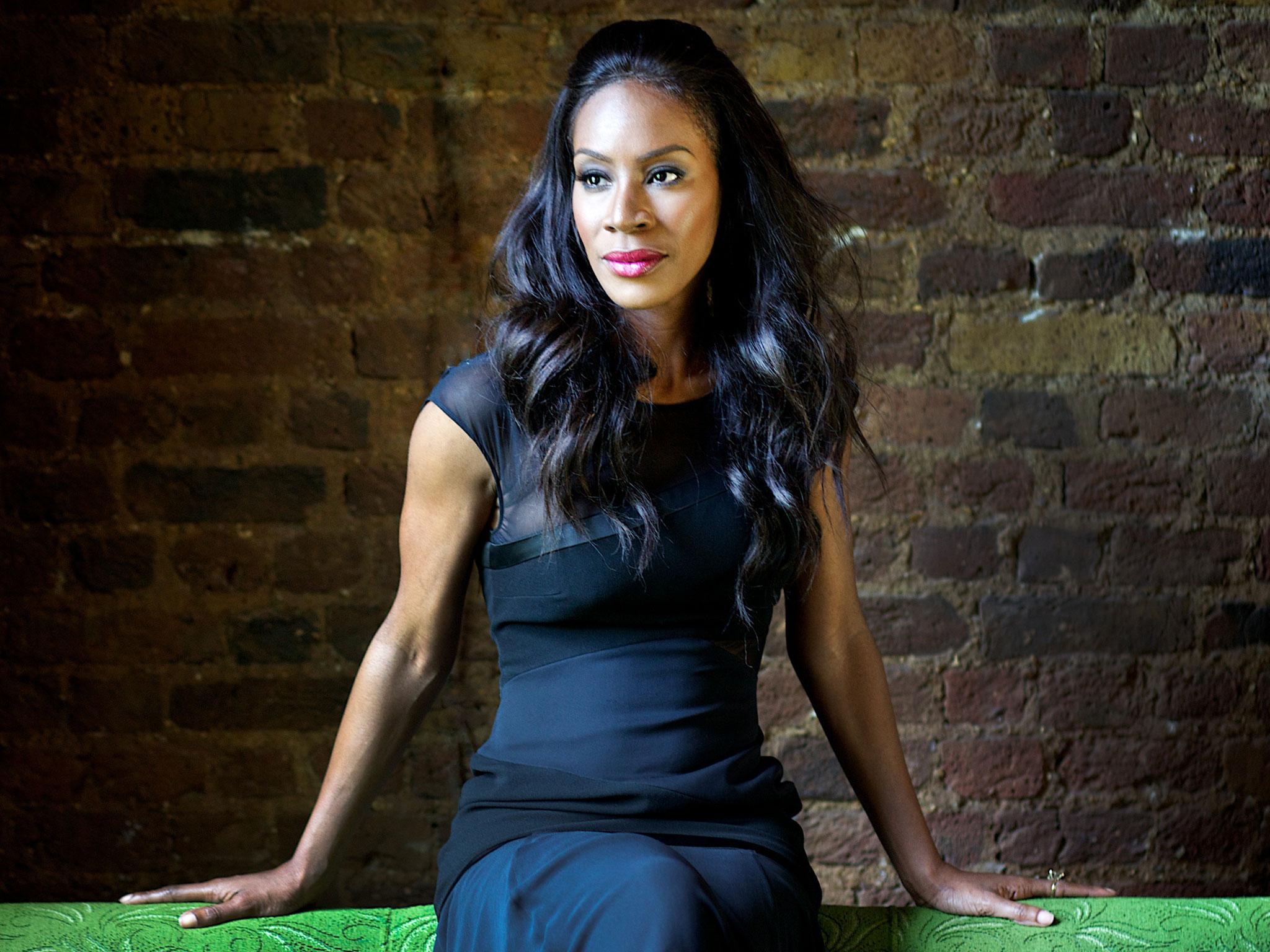Men at the top of the film industry 'don't trust female directors', says BAFTA winning filmmaker Amma Asante
BAFTA winner Amma Asante made the comments in a panel on sexism in Hollywood

Female directors are underrepresented in Hollywood because men at the top of the film industry do not trust their abilities, Bafta winning filmmaker Amma Asante has claimed.
Ms Asante made the comments while opening London Film Festival with a panel on sexism in film at Empire Live. She is the first black female director to open to the festival.
She said female directors are being held back due to “misguided distrust” in their abilities. She said: “It’s a trust issue in terms of the powers that be and whether or not they believe that these movies can sell, will sell, in terms of the female narrative and how much they trust women behind the camera when it comes to directing.
“We know that it’s a misguided distrust in many ways because we know that women directed movies don’t necessarily make less money than your average movie that’s directed by a man- but for some reason there’s that fear and that I think is something that has to be dealt with.”
Ms Asante added that gender equality in film could not be achieved solely by increasing the number of female directors, but that the type of films which women make is also key. She said: “Even when we are able, or allowed, to make movies we are making certain types of films.”
The director, who directed the critically acclaimed Belle in 2013, also called for greater nuance when it comes to which films are described as ‘feminist’, asserting that simply having senior female staff on a project wasn’t enough. She said: “If a film genuinely is feminist there’s nothing wrong with a film being called that, but I don’t think we can carry all films under the same umbrella simply because they have a female in a strong lead that’s three dimensional and multifaceted. I don’t think that alone makes a movie feminist.”
In 2014, a study by the Centre for the Study of Women in Television and Film at San Diego State University found that of the top 250 films that year, just 7 per cent were directed by women.
Data from the US labour department suggests a considerable pay gap exists within the entertainment industry with women working in the arts, media and entertainment earning 85 per cent of what their male colleagues earn.
Research suggests the issue particularly affects older women working in film, as female stars’ salaries drop from the age of 34, where male stars’ salaries drop around the age of 51.
The best films of 2016 (so far)
Show all 22A number of high profile women in Hollywood have spoken out about gender inequality in film recently. Last year, Patricia Arquette used her Oscar acceptance speech to berate the gender pay gap. In October Jennifer Lawrence spoke out about the issue penning a letter titled ‘Why Do I Make Less Than My Male Co-Stars’ for Lena Dunham’s newsletter Lenny.
Subscribe to Independent Premium to bookmark this article
Want to bookmark your favourite articles and stories to read or reference later? Start your Independent Premium subscription today.

Join our commenting forum
Join thought-provoking conversations, follow other Independent readers and see their replies